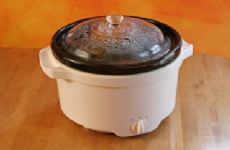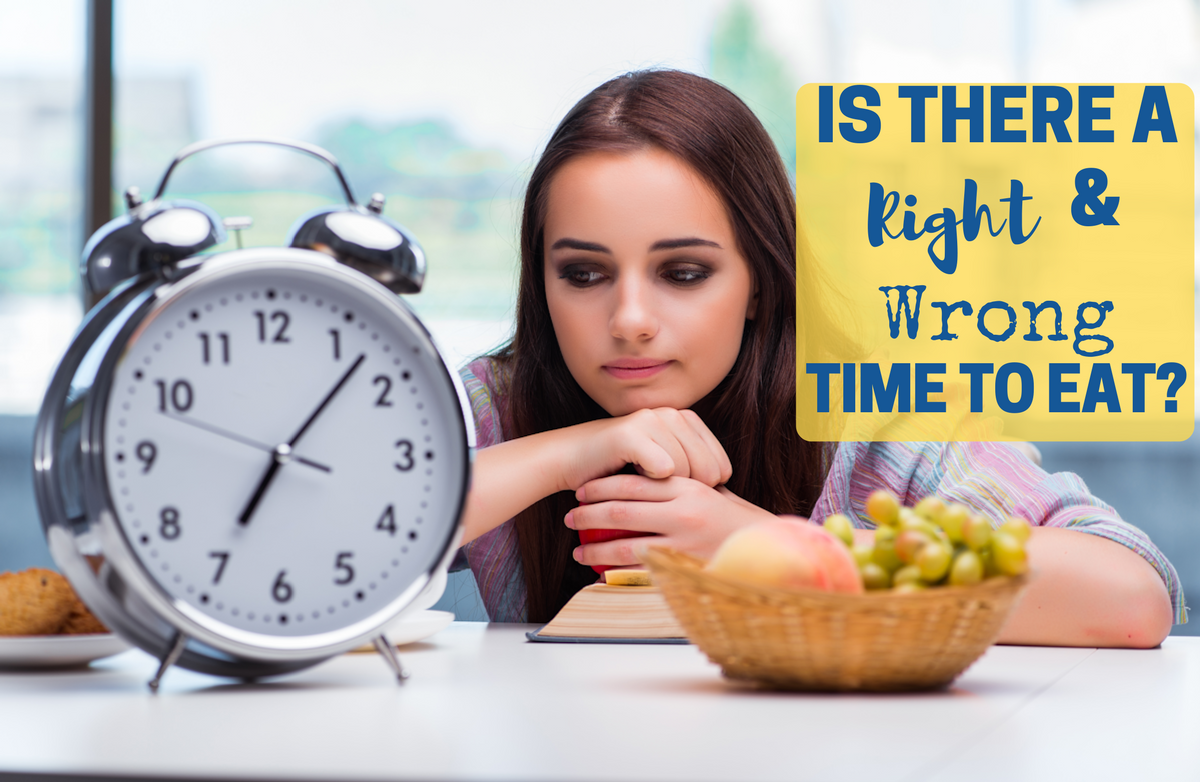|
Last week, I blogged about How Cooking Affects Your Vegetables' Nutritional Value. We learned that adding a bit of fat helps you absorb more phytonutrients from your vegetables and that microwaving and steaming retain more of the nutrition than boiling or frying. Afterwards, many of you had questions, good ones: "Like several people mentioned, I love roasted veggies. But how does that impact nutritional value?? Does anyone know?" "What about soup? I know the veggies are boiled more or less but everything is still in the pot. Is soup a bad process for keeping the nutrients of veggies?" As I'm not a nutritionist, I headed straight to the source. I contacted the Journal of Food Science, which had published the original study. I was sent the full study, which cleared up many of our questions. The study examined the effects of boiling (in a quart of water), microwaving (in a glass dish with no added water), pressure-cooking (with about 1 1/2 c water), griddling (cooking in a skillet with no fat or oil), frying (cooking in a skillet with about a half-cup of olive oil), and baking (in a ceramic container at 400 degrees F with no fat or oil) on a pound each of 20 vegetables. Scientists measured the antioxidant level of each vegetable after cooking. Some interesting findings:
The conclusion: "Water is not the cook's best friend when it comes to preparing vegetables." However, the study did recommend further research on cooking's impact on nutrition. The findings reiterate what we've probably all observed in the kitchen. If you boil or pressure cook vegetables, they break down, they change color and they become softer. We're taught that the vibrant color of vegetables is the key to their nutritional significance; if we cook them for too long, they become lackluster and dull. That brilliant, nutritious goodness inside of them, while unlocked in most cases by brief, dry cooking methods, is leached out if they're cooked for too long or in too much water. And we've all witnessed the effects of overcooked vegetables. If you boil green beans for an hour, they turn brown and the cooking water takes on a greenish-brown tint as the nutrients--not to mention the flavor--leaves the vegetables. In soup, we're again cooking vegetables for long periods of time, but we're consuming the water in which they've been cooked. While some nutrients might be lost (and that varies based on cooking time and vegetable), you're still consuming the nutrients as long as you eat the broth. Roasting vegetables is a great way to transform vegetable haters into vegetable lovers. Roasting (with a bit of heart-healthy fat like olive oil) and baking (without oil) remove some of the water from a vegetable, concentrating and enhancing the flavor of the food's natural sweetness. The starch in potatoes is tamed into a smooth and creamy texture, the sharp flavor of turnips is rendered sweet and the distinct tang of radishes is tamed by the oven. In recent years, many people have heard that grilling or broiling have been linked to cancer. To clarify: The protein in meat, poultry and fish contains substances that, when heated at high temperatures, form carcinogenic compounds called heterocyclic amines (HCAs). Vegetables do not contain these substances. (And the American Institute for Cancer Research encourages consumers to focus more on what they're eating, not how it's cooked. In other words, moderate your meat intake and choose lean cuts, the group says.) Grilling vegetables could probably be likened to griddling or baking, meaning that it is a pretty good way to retain nutrients. Just don't scorch them--if vegetables are burned, it's a pretty good bet you're not maximizing their nutritional value. The better cooking methods: microwaving, griddling (sautéing in a nonstick pan with no oil) and baking (roasting). Frying is in the middle (in terms of retaining nutrients--added fat wasn't taken into consideration in this study). The least preferable methods: boiling and pressure cooking. If you don't have a microwave (like me), then you can steam vegetables on the stove with minimal water and achieve an effect similar to microwaving. When you're cooking your vegetables, remember to use as little water as possible, choose the microwave or a steamer, and add (minimal heart-healthy) fat. And really, don't stress too much about how you're cooking them, just make sure you're getting at least five servings of vegetables (and fruit) each day! I hope this cleared up any confusion! How do you cook your vegetables? Have any foolproof recipes to share? |
Popular EntriesMore From SparkPeople
|








.jpg)










.jpg)
